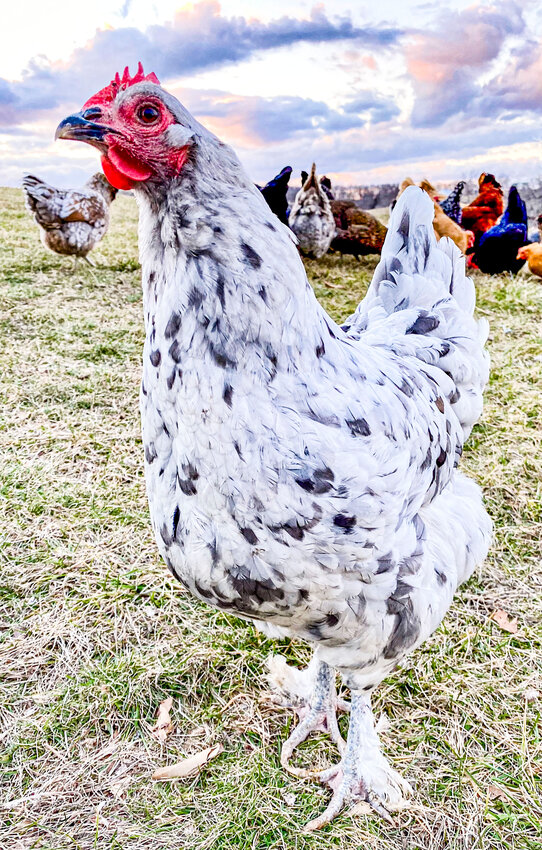Dennis Sharkey / Editor
Enforcing the city of Mexico’s ordinances is sometimes a challenge but adding additional staff to the city’s rolls may also be challenging.
Discussion about adding staff has centered around the city’s animal shelter and issues with animal control. While the city council was discussing a chicken ordinance last month the topic of control and enforcing ordinances was often the topic.
The city currently has two full-time employees and two part-time employees whose duties include operating the shelter Monday through Friday from 7 a.m. to 5 p.m. and from 7 a.m. to 3 p.m. on Saturdays. One part-time employee operates the animal shelter one day a week to give the full-time employees a day off and the other works on the weekends cleaning the shelter.
The employees also have a 365 days a year job in taking care of the animals in the shelter.
“Just because it’s Christmas or whatever the dogs and the animals still got to be cleaned, they still have to be fed and you still have chores to do,” Slagle said.
With that tight schedule it’s hard for the staff to answer animal control calls.
“The times that we’re open now, the people that we have now, there just isn’t a whole lot more we can do,” Slagle said.
Economic Development Director Rita Jackson told the council many times the city cannot offer services because of staffing issues.
“Some days we have to put a note on the door if you have to go make a call or do something,” Jackson said.
“It would be nice to rotate and have something but we don’t have anybody,” Slagle added.
Slagle said up to about five years ago the city got help from the Humane Society that paid for a third full-time person but it was eliminated when the funding went away. Slagle said adding staff isn’t as simple as it sounds.
“The times that we’re open now, the people that we have now, there just isn’t a whole lot more we can do,” Slagle said.
Adding a full-time employee will cost between $40,000 and $45,000 according to Slagle. If you add the title of animal control officer the costs go up by about $10,000 annually.
There’s also a problem of finding where the money comes from. Slagle said animal control officers are funded through the general fund while shelter employee salaries come from the Public Health fund.
Council Member Chris Williams has been the most outspoken about enforcing city ordinances. He was the lone vote against the chicken ordinance. He said the biggest problem is people letting the dogs run at large when they return home from work. Williams said there’s nothing to stop them. Williams said dog owners will shout out, “Oh he’s friendly,” as their dog runs towards him.
However, Williams also said he doesn’t see spending that kind of money on the issue. He thinks the current staff does a good job but between the hours of 5 p.m. and 8 p.m. things escalate.
“They know,” Williams said. “They’ll let their dog out or whatever.”
Mayor Vicki Briggs said the issue is big enough the council should think about adding staff.
“Sounds like we have problems we need to solve and it’s going to require more manpower,” Briggs said.
Slagle said city staff has kicked around several ideas including seeing if other city employees would be willing to work on-call during evening hours. However, there are challenges with asking employees to do more or hiring part-time workers because they’re seeking full-time work.
“Some of us look at it and say ‘That’s not a bad part-time job,” Slagle said. “Others look at it by saying, ‘I’m already doing this and I don’t want to do it or they can’t live on a part-time job. We hear it all.”
Two issues came up during the discussion about allowing chickens in the city. How would the city enforce regulations and what to do with at-large chickens. Due to state regulations, the city cannot house chickens in the same facility as dogs and cats. Slagle said the city has found an answer for the latter.
“If we catch something we’re not housing them,” Slagle said. “We’re taking them to farmers and they’re just gone. They’re going to a new home.”
